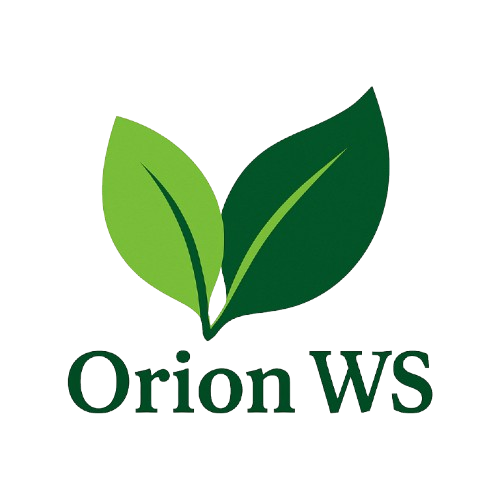Ferrous and non-Ferrous Metals
Ferrous metals contain iron, are magnetic, and are widely used in construction and heavy machinery—examples include steel and cast iron. Non-ferrous metals, on the other hand, do not contain iron, are non-magnetic, and resist rust, making them ideal for electrical, automotive, and industrial use—common types include copper, aluminum
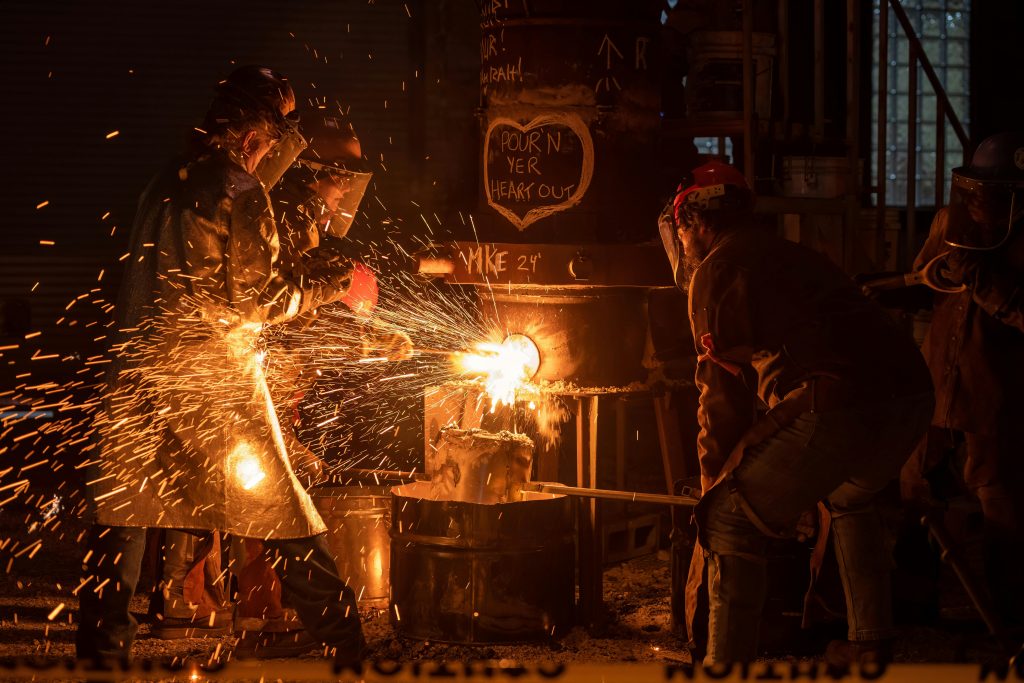
Heavy Melting Steel
is recyclable steel scrap from old buildings, machinery, and equipment. It’s commonly used in steelmaking due to its high quality and availability.
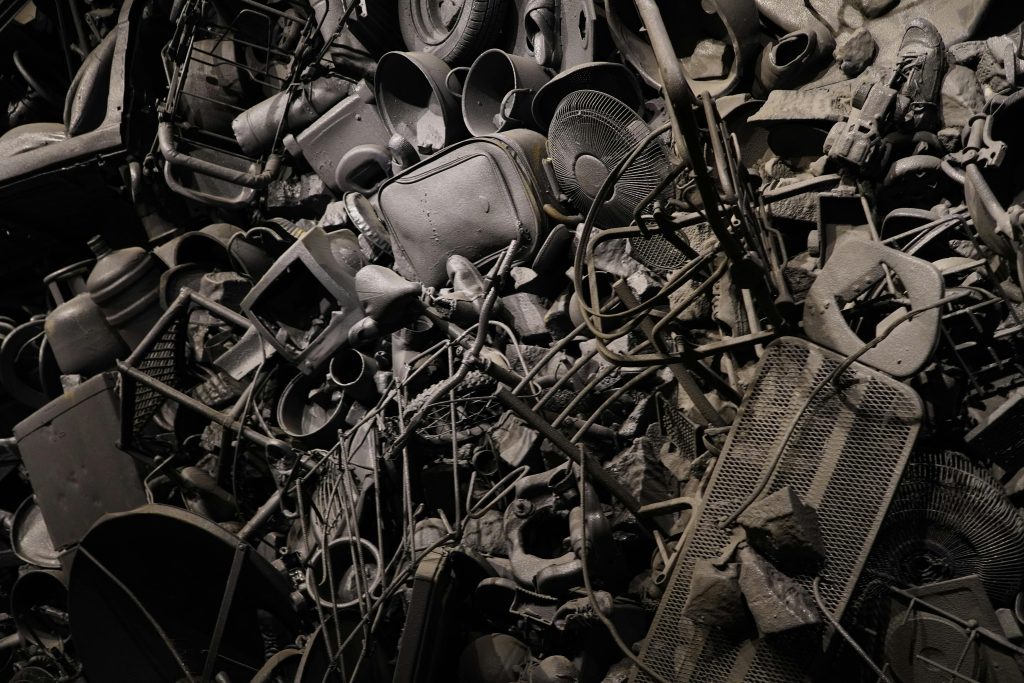
Cast Iron Scrap
comes from old engine blocks, pipes, and machinery. It’s heavy, durable, and widely used in foundries for remelting and casting new products.
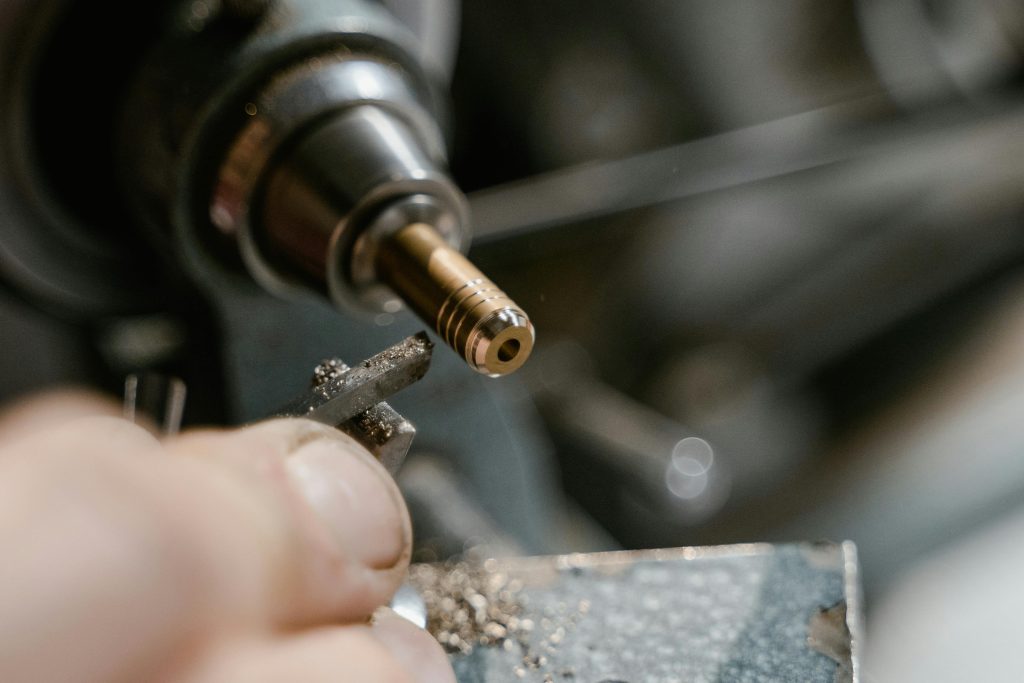
Steel Turnings & Borings
are small metal shavings or chips produced during machining processes like drilling or turning. These scraps are collected in bulk and recycled to make new steel products.
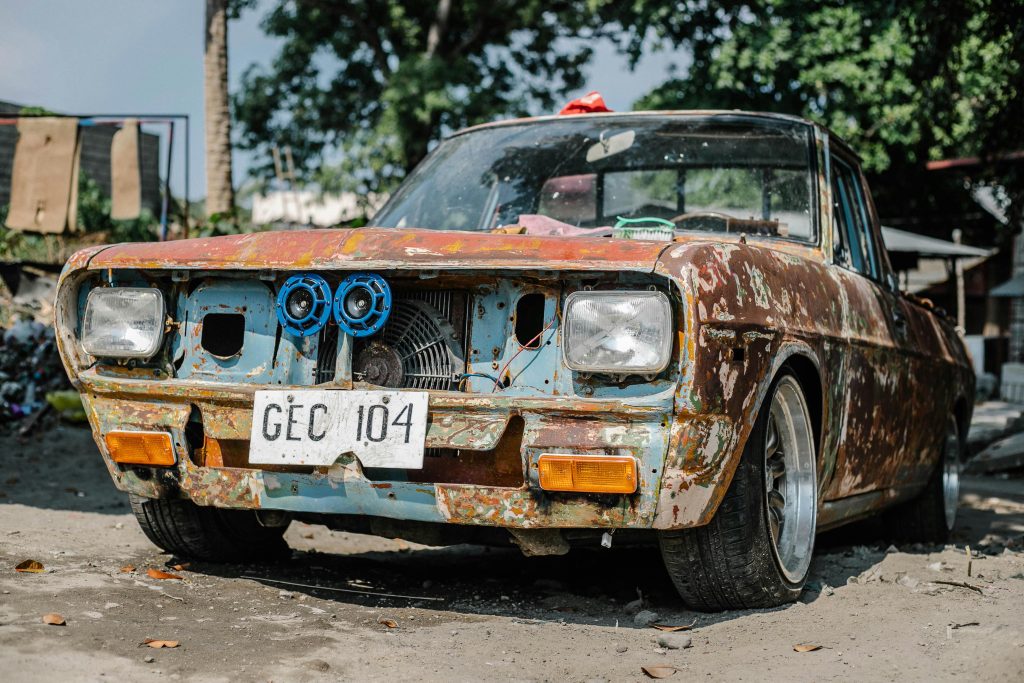
Shredded Auto Scrap
is processed metal from crushed and shredded vehicles, including body panels, frames, and engine parts. It’s widely used by steel mills for recycling into new steel products.

Aluminum Scrap
comes from used products like cans, window frames, auto parts, and machinery. It is lightweight, corrosion-resistant, and highly recyclable, making it valuable for producing new aluminum goods.
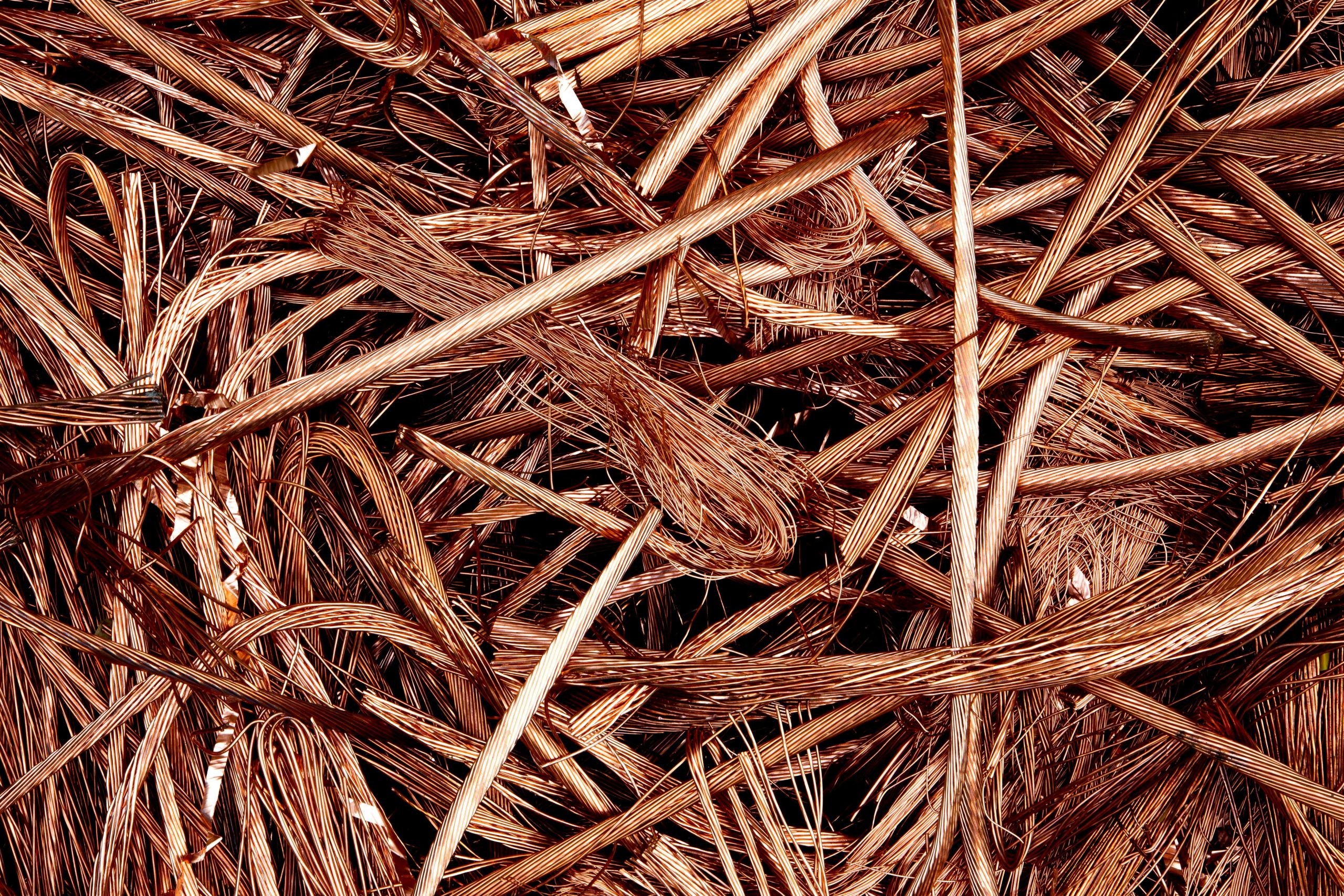
Copper Scrap
is collected from electrical wires, pipes, motors, and industrial equipment. Known for its high conductivity and value, copper scrap is widely recycled for use in electrical, construction, and manufacturing industries.
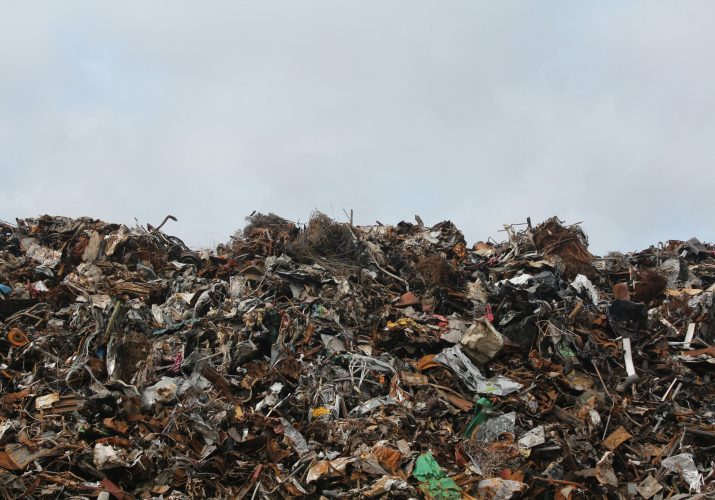
Brass Scrap
comes from plumbing fixtures, radiators, tools, and decorative items. It is a durable, corrosion-resistant alloy of copper and zinc, commonly recycled for use in casting and manufacturing.

Lead Scrap
is sourced from used batteries, cables, roofing sheets, and pipes. It is a dense, corrosion-resistant metal that is recycled primarily for battery manufacturing and industrial applications.
